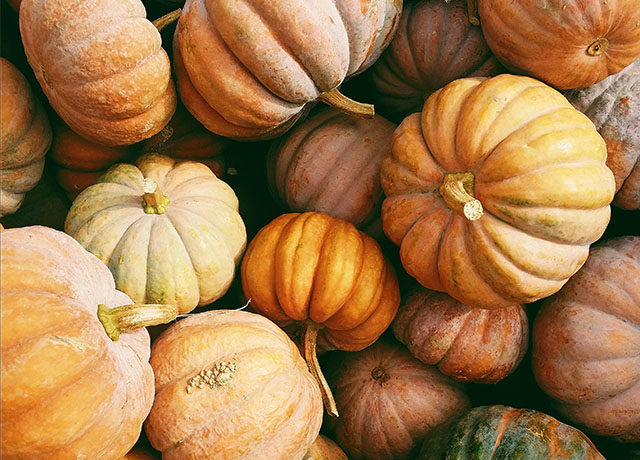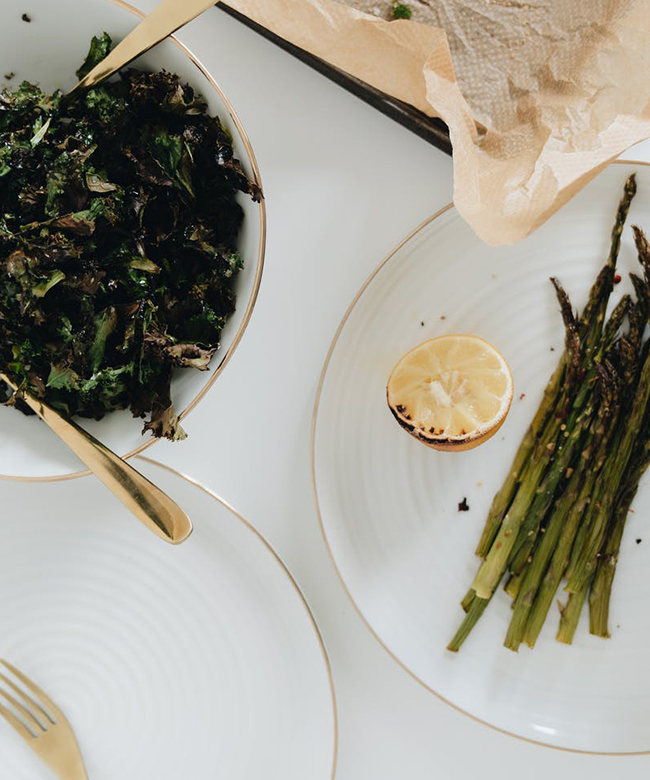

@eyeswoon




@eyeswoon
Food & Garden
5 Simple Tips for a Zero Waste Holiday Cooking
Each year, the average American family of four loses $1,500 to uneaten food — that’s about 1,160 pounds of food that simply goes to waste. Even worse, these numbers tend to increase around the Holidays. With Thanksgiving and other winter holidays just around the corner, it is timely to think about how we as individuals can keep our household food waste in check.
These tips we have put together for anyone who is planning on hosting a Thanksgiving dinner, but they can be used for any large gathering or dinner party so we hope they serve as a great guide for some waste free celebrations throughout the year!
1. Plan ahead. This may seem less important, but planning on a pretty exact number of guests and expecting what they will actually eat is hugely helpful in reducing waste. This also allows you to think strategically about where to buy your food and beverages, which leads us to our next tip…
2. Shop locally and organically wherever possible. This is something we talk about all the time here at REV, but truly if you are in a position to support local, sustainable and preferably regenerative farmers close to you it’s incredibly important to do your part and shop with them. These farmers are treating the animals and soil well, and keeping your shopping close to home cuts down on the carbon footprint of your meals. Also try adding in a few more plant based or even vegan meals this year as they tend to last longer than meat as leftovers and have a lower carbon footprint to begin with for the most part.
3. Freeze scraps like vegetable peelings and meat trimmings for your future culinary creations. Use them later in savoury broths and hearty soups to provide comforting warmth on cold days.
4. Donate any canned goods to your local food bank to help those less fortunate this Holiday season. If you have extra cans of pumpkin pie filling, green beans, or cranberry sauce, consider donating them to your local food bank to help those in need. Visit the Feeding America website or EPA’s Excess Food Opportunities Map to find a food bank near you (USDA.gov).
5. Get composting! If you are lucky enough to live in a council where composting is provided, always take advantage of this. And if you have a yard, making a compost heap for your vegetable scraps is one of the great things you can do for the planet. If neither of these options work for you, look into local community compost or compost collection/drop-off opportunities. A number of cities and counties across the country are making composting an option for their residents. Follow @trashfortossers for some great ideas on how to reduce waste through composting!
PS – one more tip is for the day after Thanksgiving…avoid Black Friday deals. Whilst it can be so tempting to give in to sales, and there will be a lot of them this year, this sort of bargaining is really allowing a system of capitalism and excess to prevail that we really need to curtail to solve the climate and humanitarian crisis that is the direct result of so many of us needing so much stuff. We would highly suggest only supporting small, sustainable brands that may be doing this if you are going to shop and otherwise, abstain all together!
































